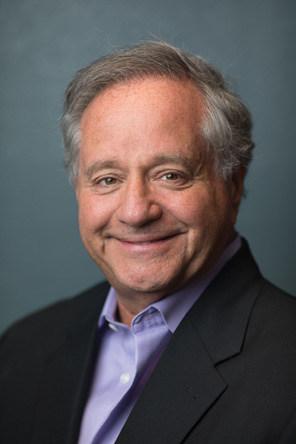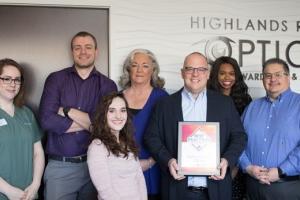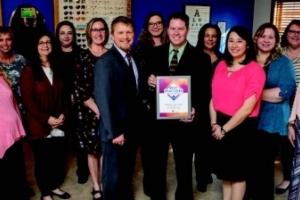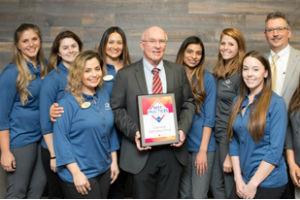
Big. Small. New. Established. CooperVision’s Best Practices are different, but they share a common goal: To deliver exceptional care to patients, even in the face of increasing competition and challenges. Established in 2015, Best Practices recognizes and celebrates the visionary, innovative, and unexpected aspects of care delivery that best serve patients and advance the profession. In this series of articles, CooperVision’s 2018 class of Best Practices honorees will be highlighted, one by one, to uncover and share some unique aspects of their practices that help them thrive—with hope that other practitioners may garner inspiration to bolster their own success.
This month, Stephen Cohen, OD, of Doctor My Eyes in Scottsdale, Ariz., discusses the importance of building relationships with patients, and how he has managed to integrate innovative technology into his practice without losing a “personal touch.”
Tell us about Doctor My Eyes.
I started in private practice in 1985, with a goal of building a practice that was all about developing long-term relationships with patients. I’m proud to say we still subscribe to that same philosophy today. We offer comprehensive eye care for people from infancy to geriatric, including contact lens and specialty contact lens fittings. I specialize in dry eye and the care of patients with
Sjogren’s Disease.
What is your approach to patient care?
To ensure we address the issues that patients come in with, we look at an eye exam like a term paper: the statement is the patient’s symptoms, the support is the exam, and the outcome is my recommendations. My top priority is to listen. I can often diagnose a patient before I have done any testing.
How do you keep yourself current on the latest developments in eye care?
I learn the most in my peer-to-peer interactions. I’m a member of a practice management group that very generously shares ideas with each other throughout the year. Of course, I also attend meetings and read journal articles. Our sales reps are helpful as well—some practitioners see them as disruptive, but I see them as extensions of our practice that educate us about the advances
happening in the industry.
How do you keep your staff motivated and engaged?
One of the best things is also the easiest—saying thank you! Everyone wants to be compensated fairly, but they also want to be appreciated and feel valued. And while I consider myself to be an excellent leader, I am a lousy manager—so I empower everyone in my office to do what they do best. Our practice is successful not because we have a perfect person, but because we tap into everybody’s strengths.
When it comes to marketing your practice, you’ve found success with your approach to Facebook. Can you tell us about that?
At first, we saw Facebook as a way to promote what we do. But when I analyzed our engagement numbers, I found that if the content was about our products/services, we received very little response. When I shared interesting anecdotes, pictures with patients—humorous and personal—these types of posts earned much higher engagement. People want to know who we are. Facebook is an opportunity to show them, and reinforce our philosophy.
What do you want your practice to be known for?
In medicine in general, technology has led to movement away from providing apersonal touch. At my practice, I want tobe innovative in technological advances without losing that personal aspect. Our tagline is: “Where modern technology meets old-fashioned care.” It’s what makes usspecial. For example, we have never put in an automated phone system because we want patients to speak to a person when they call.
Why did you apply to Best Practices?
Practitioners sort of live in a bubble in our everyday practice of optometry. We don’t necessarily know what others are doing. Best Practices was an opportunity to see where we stood and be connected with other practices. Going through the application process also inspired me to analyze our philosophy, the course I’ve taken over my career, and the history of my practice. It was interesting to look back at the last 30 years—what has changed, what has remained the same. It has been a journey!
Congratulations to Dr. Cohen and Doctor My Eyes! This year’s honorees are collaborating to tackle the most demanding challenges of contemporary optometric practice. For more information about the program, its honorees (both current and past), and updates about how they are working together to advance the profession, visit www.eyecarebestpractices.com.






